Blueberry farm, weeds and poison ivy
6fthook
9 years ago
Featured Answer
Sort by:Oldest
Comments (15)
jean001a
9 years agoelisa_z5
9 years agoRelated Professionals
Eden Prairie Landscape Architects & Landscape Designers · Quincy Landscape Architects & Landscape Designers · Taylorsville Landscape Architects & Landscape Designers · Mount Wilson Landscape Architects & Landscape Designers · Surprise Landscape Contractors · Apollo Beach Landscape Contractors · Gainesville Landscape Contractors · Homewood Landscape Contractors · Pleasanton Landscape Contractors · Palmetto Outdoor Lighting & Audio Visual Systems · Brooklyn Park Decks, Patios & Outdoor Enclosures · Fort Pierce Decks, Patios & Outdoor Enclosures · Fullerton Decks, Patios & Outdoor Enclosures · Towson Decks, Patios & Outdoor Enclosures · Pleasant Grove Decks, Patios & Outdoor EnclosuresKimmsr
9 years agostrobiculate
9 years agograywings123
9 years agowayne_5 zone 6a Central Indiana
9 years agoglib
9 years agoKimmsr
9 years ago2ajsmama
9 years agolazy_gardens
9 years agorenais1
9 years agomaplerbirch
9 years agoglib
9 years agolaur34 Zone 6A
last year
Related Stories

EDIBLE GARDENSNatural Ways to Get Rid of Weeds in Your Garden
Use these techniques to help prevent the spread of weeds and to learn about your soil
Full Story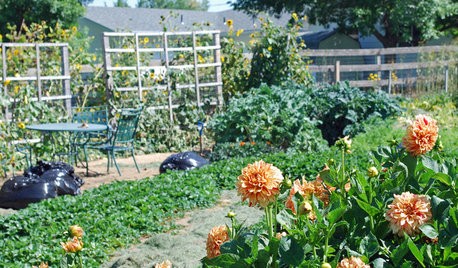
GARDENING GUIDESTackle Weeds the Natural Way
Instead of dousing your yard with chemicals to wipe out weeds, let time and nature work their magic via smothering and solarization
Full Story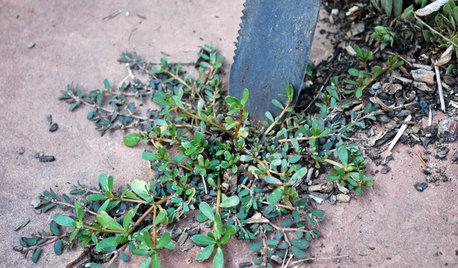
GARDENING GUIDES5 Ways to Naturally Win the Weed War
Show irksome weeds no mercy with these tricks for combating them sans chemicals
Full Story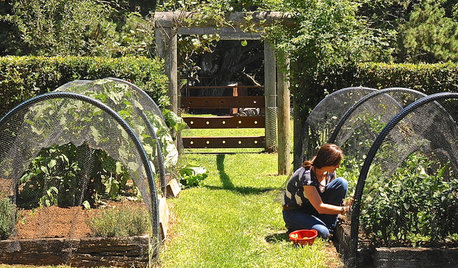
FARM YOUR YARDHouzz Call: Home Farmers, Show Us Your Edible Gardens
We want to see where your tomatoes, summer squashes and beautiful berries are growing this summer
Full Story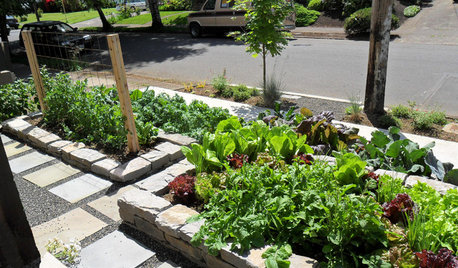
FRONT YARD IDEASWelcome Edibles Into the Front Yard for Fresh Food and More
Give your front yard design a boost and maybe even make new friends by growing fruits and vegetables
Full Story
EARTH DAYThe Case for Losing the Traditional Lawn
Work less, help the environment and foster connections by just saying no to typical turf
Full Story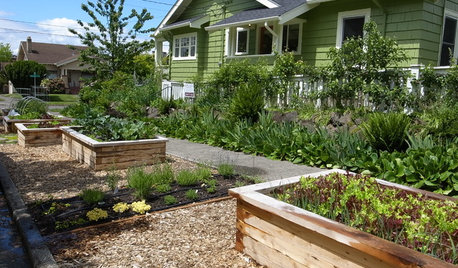
BEFORE AND AFTERSSee 6 Yards Transformed by Losing Their Lawns
Wondering whether a turf lawn is the best use of your outdoor space? These homeowners did, and they found creative alternatives
Full Story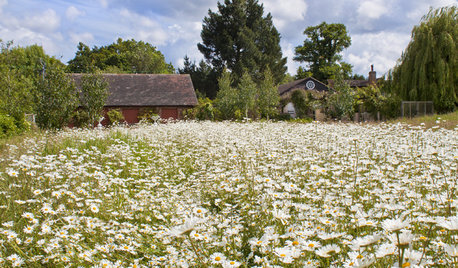
GARDENING GUIDESHouzz Call: What’s Your Favorite Backyard Beauty?
The simple, honest daisy is this writer’s go-to garden flower. We want to hear which plant, flowering or otherwise, gives you special joy
Full Story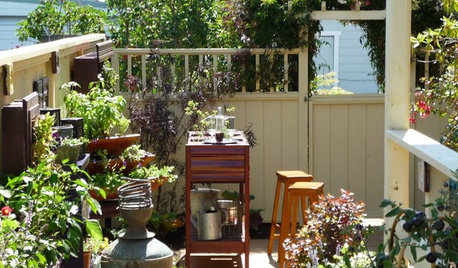
GARDENING GUIDES15 Ideas to Try in Your Garden This Year
These gardening stories were tops among Houzz readers. Which ideas might you try this year?
Full Story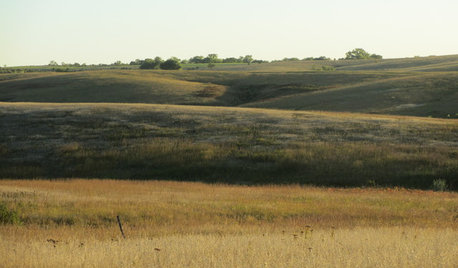
GARDENING GUIDESHow to Get Your Prairie On
Have a field day with your landscape, even if you've got just a few modern containers on a paved path
Full Story





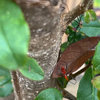

Steve Massachusetts